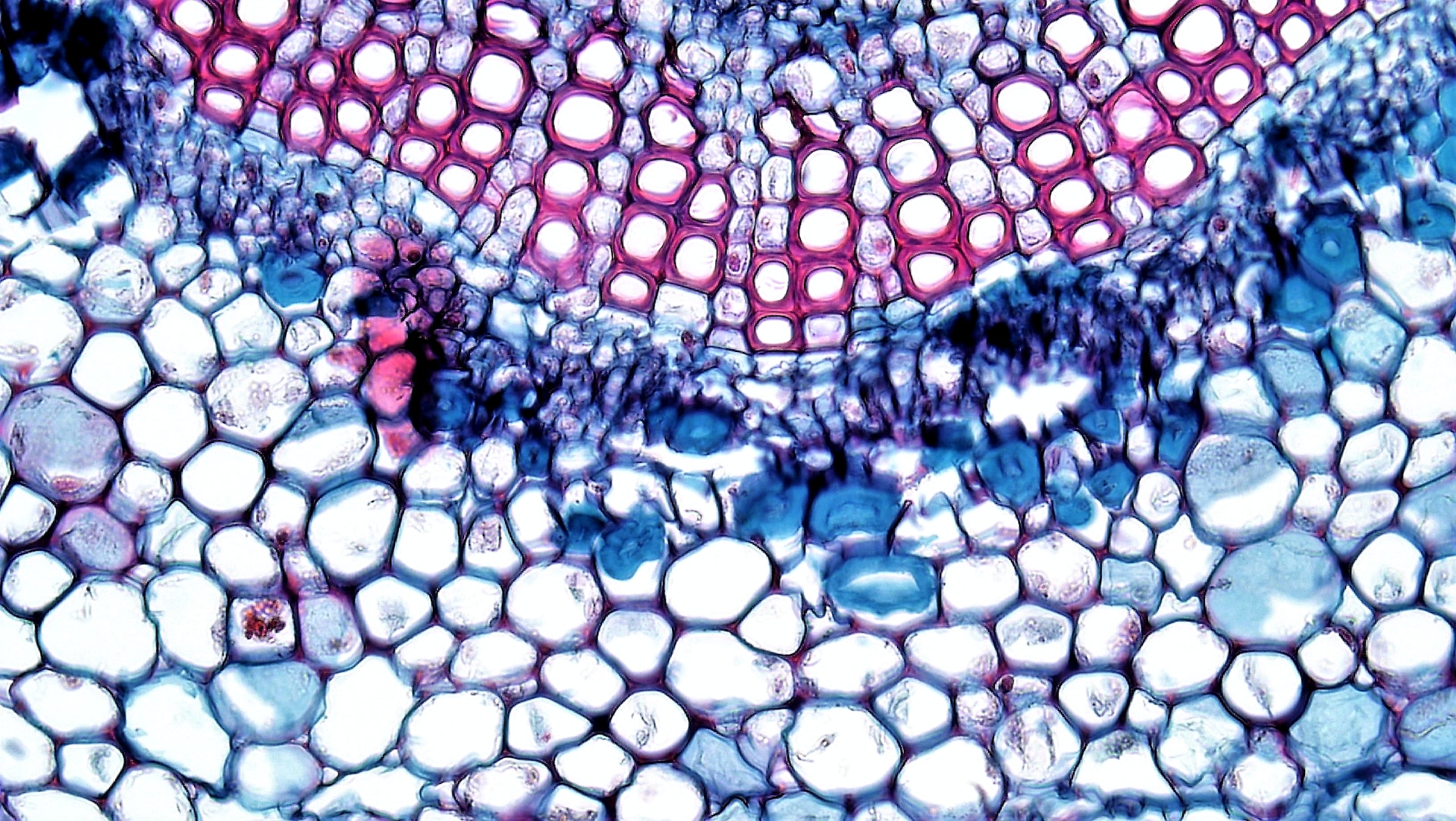Lymph vs. Interstitial Fluid: What’s the Difference?
Your body contains two important fluids that originate from blood plasma, but have different roles and paths. They are called lymph and interstitial fluid. The former circulates through your lymphatic system and helps your immune system fight infections and diseases. The latter surrounds your cells and helps them exchange substances with your blood. In this article, you will learn more about these two fluids, their composition, functions, and how they are related.
What is Interstitial Fluid?
This fluid fills the spaces between your cells and tissues. It makes up about 16% of your total body weight. It comes from blood plasma, the liquid part of your blood that carries blood cells and other substances.
Functions of Interstitial Fluid
The main function of this fluid is to provide a medium for substance exchange between your cells and your blood. It delivers oxygen, nutrients, hormones, and other molecules to your cells. It also removes carbon dioxide, waste products, and toxins from your cells. It helps maintain the balance of fluids and electrolytes in your body.
Composition of Interstitial Fluid
This fluid has a similar composition to blood plasma but with some differences. It contains water, salts, amino acids, sugars, fatty acids, hormones, neurotransmitters, and cellular products. However, it has less protein than blood plasma because most proteins are too large to pass through the walls of capillaries, the smallest blood vessels.
What is Lymph?
This fluid is clear or slightly yellowish and flows through your lymphatic system. It is a network of vessels and organs that helps remove toxins, waste, and other unwanted materials from your body. It also transports lymphocytes, a type of white blood cell that helps your immune system fight infections and diseases.
Functions of Lymph
The main function of this fluid is to transport lymphocytes and other immune cells throughout your body. It also carries proteins, fats, and fat-soluble vitamins that are absorbed from your digestive system to your blood. It helps maintain fluid balance in your body by returning excess interstitial fluid to your blood.
Composition of Lymph
This fluid has a similar composition to interstitial fluid but with some differences. It contains water, salts, amino acids, sugars, fatty acids, hormones, neurotransmitters, cellular products, and waste products. However, it has more protein than interstitial fluid because it collects some proteins that leak from the blood vessels. It also contains lymphocytes and other immune cells that are produced or activated in the lymph nodes.
How are Lymph and Interstitial Fluid Related?
These two fluids are both derived from blood plasma, but they follow different paths in your body. Interstitial fluid bathes your cells in tissues and exchanges substances with your blood through capillaries. Lymph is formed when some interstitial fluid enters the lymphatic vessels through tiny openings called lymphatic capillaries. It then travels through larger lymphatic vessels and passes through lymph nodes where it is filtered and exposed to immune cells. Finally, it returns to your blood through two large vessels called the thoracic duct and the right lymphatic duct that drain into veins near your heart.
Comparison Table Between Lymph and Interstitial Fluid
| Lymph | Interstitial Fluid |
|---|---|
| Circulates through the lymphatic system | Surrounds the cells in tissues |
| Transports lymphocytes and other immune cells | Provides a medium for substance exchange between cells and blood |
| Carries fats and fat-soluble vitamins from the digestive system to the blood | Helps maintain fluid and electrolyte balance in the body |
| Has more protein than interstitial fluid | Has less protein than blood plasma |
| Returns excess interstitial fluid to the blood | Becomes lymph when it enters the lymphatic vessels |
Conclusion
Lymph and interstitial fluid are both vital fluids in your body that originate from blood plasma but have different roles and paths. The former circulates through your lymphatic system and helps your immune system fight infections and diseases. The latter surrounds your cells and helps them exchange substances with your blood.
FAQs:
-
Q: What is the difference between lymph and interstitial fluid?
A: Lymph and interstitial fluid are both derived from blood plasma, but they have different roles and paths in your body. The interstitial fluid surrounds your cells and helps them exchange substances with your blood. Lymph is a type of interstitial fluid that flows through your lymphatic system and helps your immune system fight infections and diseases.
-
Q: How much lymph and interstitial fluid do I have in my body?
A: Interstitial fluid makes up about 16% of your total body weight. Lymph makes up about 2% of your total body weight. Together, they account for about one-third of your total body water.
-
Q: How can I measure the levels of lymph and interstitial fluid in my body?
A: Measuring the levels of lymph and interstitial fluid in your body is not easy and requires advanced techniques that can overcome the challenges of invasiveness, pain, accuracy, reliability, cost, and convenience. Some of these techniques include wick extraction, suction blisters, micro dialysis, needle-based techniques, and electroosmotic techniques. Researchers are working on developing new and improved techniques that can access these fluids with minimal discomfort and disruption to the skin barrier.
-
Q: What are the benefits of having healthy lymph and interstitial fluid in my body?
A: Having healthy lymph and interstitial fluid in your body can improve your overall health and wellness. These fluids help transport oxygen, nutrients, hormones, and other molecules to your cells. They also help remove carbon dioxide, waste products, and toxins from your cells. They help maintain the balance of fluids and electrolytes in your body. They also help transport lymphocytes and other immune cells that help your immune system fight infections and diseases.
-
Q: What are the risks of having abnormal lymph and interstitial fluid in my body?
A: Having abnormal lymph and interstitial fluid in your body can lead to various health problems. These fluids can reflect the metabolic state of your cells and indicate the presence or risk of diabetes, cardiovascular disease, cancer, infections, and other disorders. They can also cause swelling, inflammation, pain, or impaired function in different organs and tissues. For example, excess interstitial fluid can cause edema or fluid retention in the legs, feet, or lungs. Blocked or damaged lymphatic vessels can cause lymphedema or swelling in the arms or legs.





